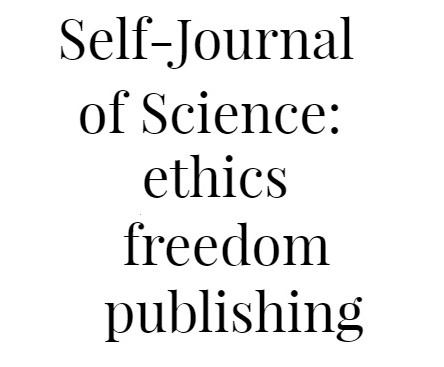The Self-Journals of Science: a community platform for scientific assessment and communication


The Self-Journal of Science (SJS ) is an open non-commercial repository with free journal-like services of peer review, evaluation and classification through open and verifiable community-wide processes.
___________________________________________________________________________________________________
SJS is an open multidisciplinary repository offered by an open community of volunteer researchers with many ideas to improve the way science is currently organised, communicated and, importantly, evaluated.
Since September 2015, SJS is being governed and promoted by the original team in collaboration with OpenScholar - an open, non-profit organization of volunteer researchers.
Posting on SJS is compatible with publishing in traditional venues.
SJS features a unique overlay open peer review interface that enables a global and unmediated conversation for each article.
|
Every scientist can be the curator of his/er own self-journal, a structured and annotated selection of scientific items, through which s/he can share a vision of his/er field and influence its evolution. With self-journals, every scientist can participate to the collective assessment of what is important in their field.
How to use SJS:
|
In SJS you can search for articles, preprints and data that provides journal-like services to entrust the evaluation, classification and communication of research to the unrestricted collective intelligence of the scientific community itself.
SJS features a unique dynamic and community-managed classification system. Scientists collectively structure the body of knowledge and agree on the standard terminology of scientific concepts. Scientific knowledge becomes comprehensively navigable and all materials regarding any one topic can be unambiguously and exhaustively accessed.
___________________________________________________________________________________________________
Sources:
Related contents:
- OKAD & F1000Research: a very different approach to publishing agricultural research
- ScienceOpen : a freely accessible research network
- ELPUB2017 : Focus on Open Science
- SHARE: making research widely accessible, discoverable, and reusable
- Frontiers: a community-rooted, open-access academic publisher
- BioRxiv: a free online archive and distribution service for unpublished preprints in biology
- OpenUP : a new EU-funded Open Science Project
- Best Practices in Peer Review Handbook

